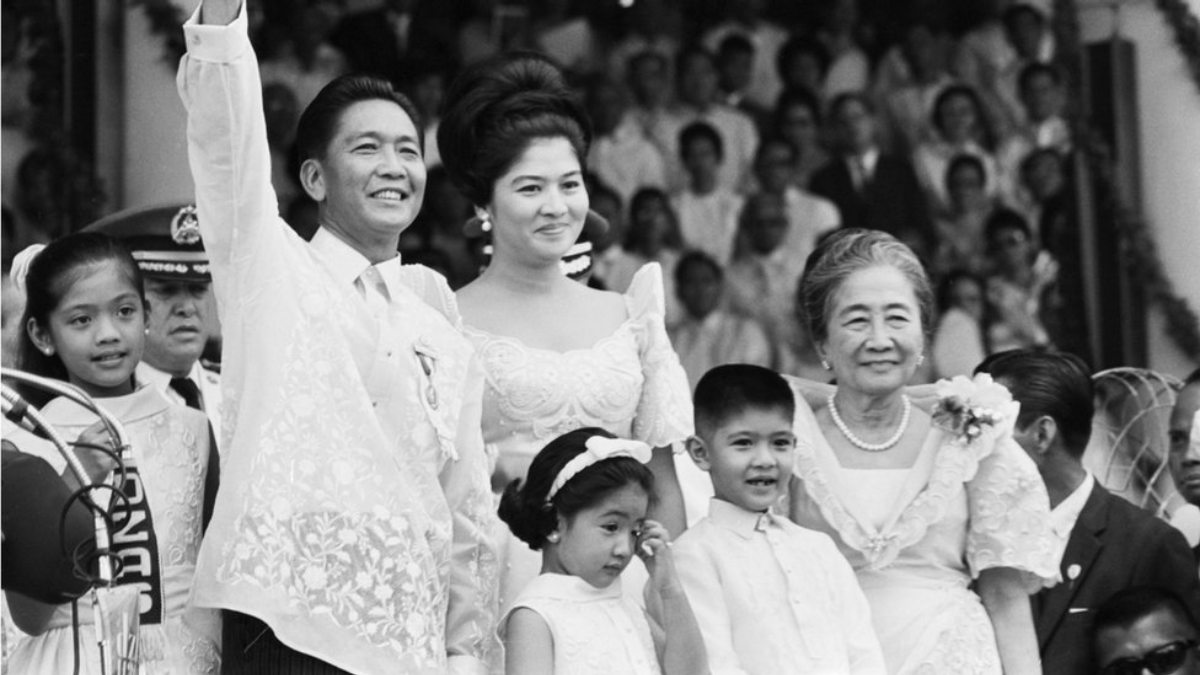The Sandiganbayan has ruled to dismiss the cases against alleged dummies of the late President Ferdinand Marcos Sr. in connection with Civil Case No. 0010, involving the P2.4 billion ill-gotten wealth case against Marcos, his wife Imelda, brother-in-law Alfredo “Bejo” Romualdez, and their associates.
In its 18-page Resolution, the anti-graft court’s Fourth Division stated that the plaintiff failed to substantiate the allegations against Olympio Bermudez, Geronimo Velasco, and Emilio Yap.
The case, filed in 1987 by the Presidential Commission on Good Governance (PCGG), pertained to properties linked to the Bataan Shipyard and Engineering Company, Inc. (BASECO) and its subsidiaries.
According to the amended complaint, Bermudez, Velasco, and Yap were accused of acting as dummies, directors, officers, nominees, or agents for corporations controlled by the principal defendants, including BASECO, the Philippine Jai Alai Corp., and the Manila International Ports Terminal, Inc.
Following the filing of their Demurrers to Evidence, the court granted the objections raised by the camps of Bermudez, Velasco, and Yap, citing weak testimonies from the plaintiff’s witnesses.
The Sandiganbayan emphasized that testimonies from the plaintiff’s witnesses lacked personal knowledge of the contents and execution of the documents presented.
Moreover, the court noted that the majority of the plaintiff’s exhibits were not admitted due to non-compliance with the Original Document Rule, while the admitted documents failed to establish the charges against the defendants.
The Resolution, authored by Fourth Division Chairperson Associate Justice Michael Frederick Musngi and concurred by Associate Justices Lorifel Pahimna and Maria Theresa Mendoza-Arcega, highlighted the failure to prove Bermudez, Velasco, and Yap as dummies of the principal defendants.
The court stressed that assumptions regarding the defendants’ roles needed substantial evidentiary support, which was lacking in the case presented by the plaintiff.






